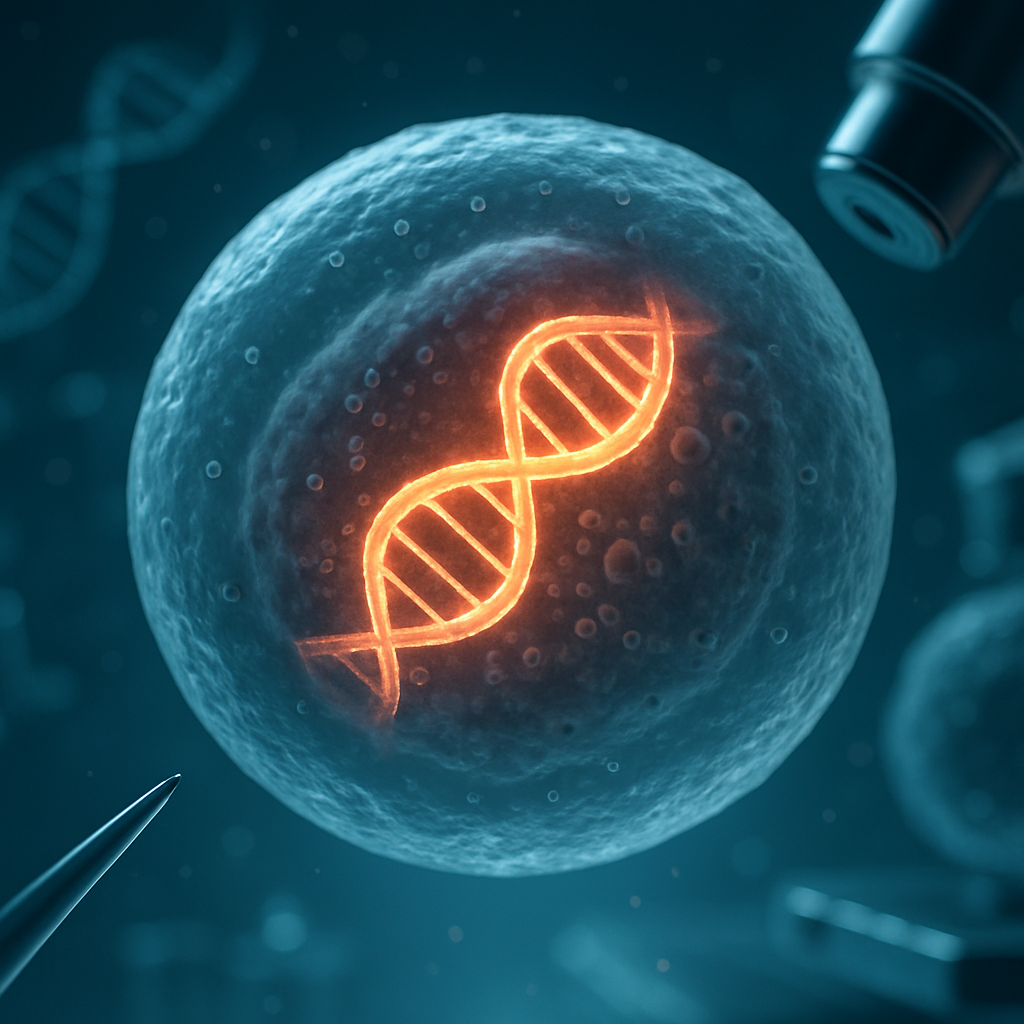PROTEUS: A New Dawn for Medicine – How Mammalian Cells Are Revolutionizing Gene Editing

Last Updated on August 1, 2025 by George
In a groundbreaking development that promises to reshape the landscape of medicine, scientists at the University of Sydney’s Neely Lab and the Centenary Institute have unveiled PROTEUS (PROTein Evolution Using Selection). This innovative, virus-inspired biological machine is poised to accelerate the creation of more effective gene-editing tools, highly specific mRNA-based medicines, and therapeutic proteins designed to minimize side effects. For those approaching or in retirement.
This news offers a glimpse into a future where medical advancements could lead to healthier, more vibrant golden years. PROTEUS represents a significant leap forward in the field of directed evolution, a process traditionally used to engineer proteins with desired characteristics.
What makes PROTEUS truly noteworthy is its ability to perform this evolution within mammalian cells, a feat that has historically presented immense challenges. Unlike yeast or bacteria, mammalian cells are notoriously difficult to work with due to their slow growth, large genomes, and complex regulatory mechanisms. This complexity often means that proteins evolved in simpler systems don’t translate effectively when introduced into human cells, limiting their therapeutic potential.
The brilliance of PROTEUS lies in its streamlined, cyclic process. Each cycle, lasting just 24 hours, involves diversification, selection, and amplification, dramatically shortening the protein evolution process from months or even years to mere weeks. This rapid turnaround is a game-changer, allowing researchers to quickly test and refine new therapeutic proteins. As Christopher Denes, a research fellow at the University of Sydney and one of the study’s authors, explains, “PROTEUS can produce mammalian-specific adaptations that we wouldn’t have predicted or evolved in other systems.”
This capability is crucial because it allows for the development of proteins that are uniquely suited to function within the human body, potentially leading to treatments with greater efficacy and fewer adverse reactions.

One of the most compelling aspects of PROTEUS is its potential to overcome the natural intolerance of mammalian cells to high mutation rates. As Kate Adamala, an associate professor in the University of Minnesota’s Department of Genetics, Cell Biology, and Development, highlights, “Here, [with PROTEUS] they managed to circumvent mammalian cells’ natural intolerance to high mutation rates, which is important because if you want to test a lot of variants, you need a huge mutation rate.”
This breakthrough means that researchers can now explore a much wider range of genetic variations, significantly increasing the chances of discovering highly effective therapeutic proteins. Imagine the possibilities for new treatments for chronic diseases, age-related conditions, and even new approaches to vaccine development.
To delve deeper into the science behind this remarkable innovation and explore all the details of how PROTEUS is set to transform medicine, we encourage you to read the full article here:





